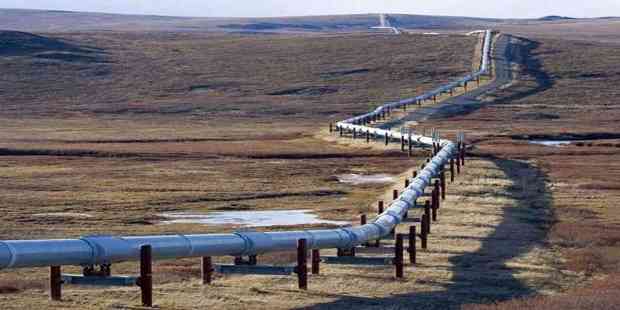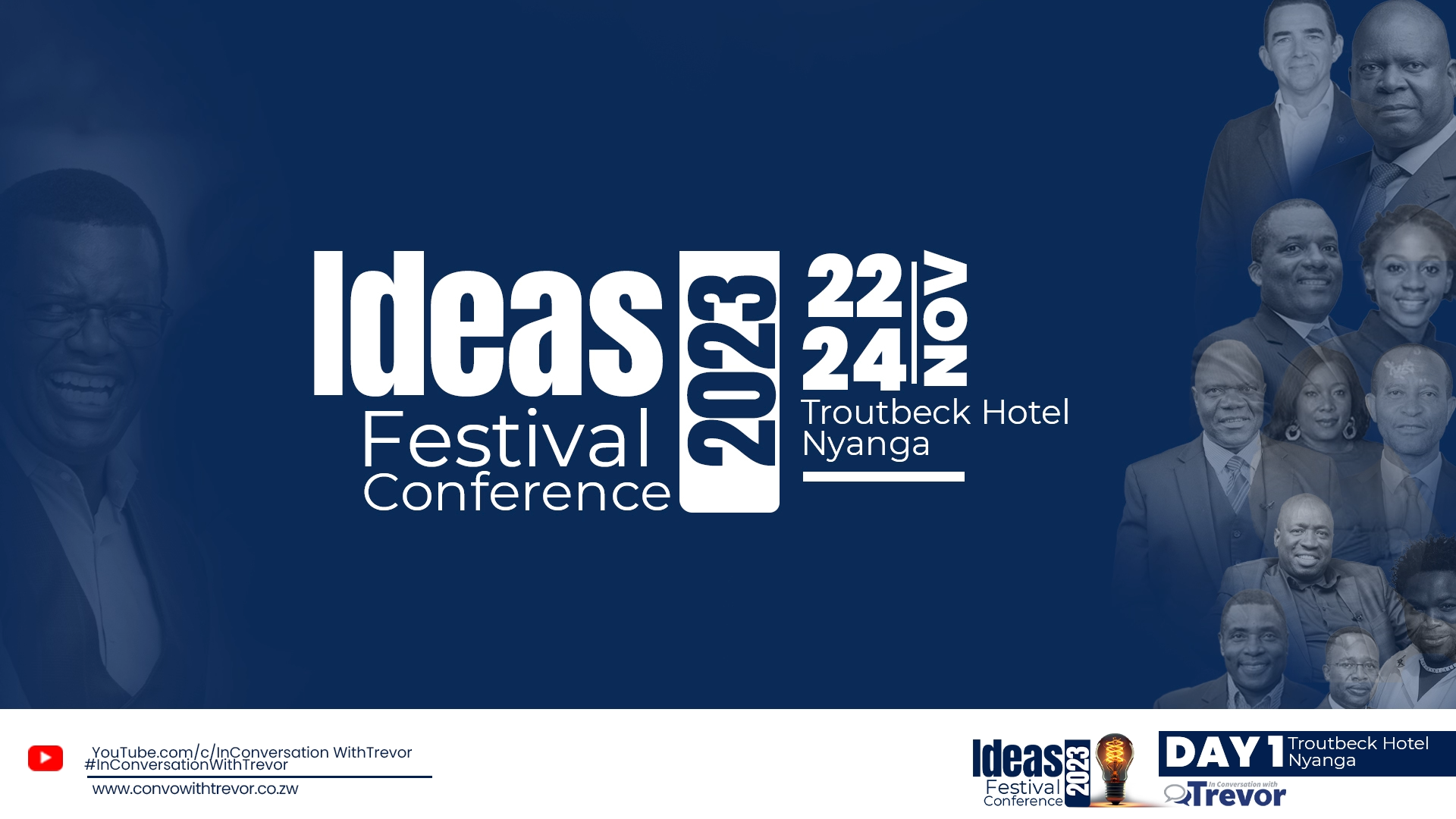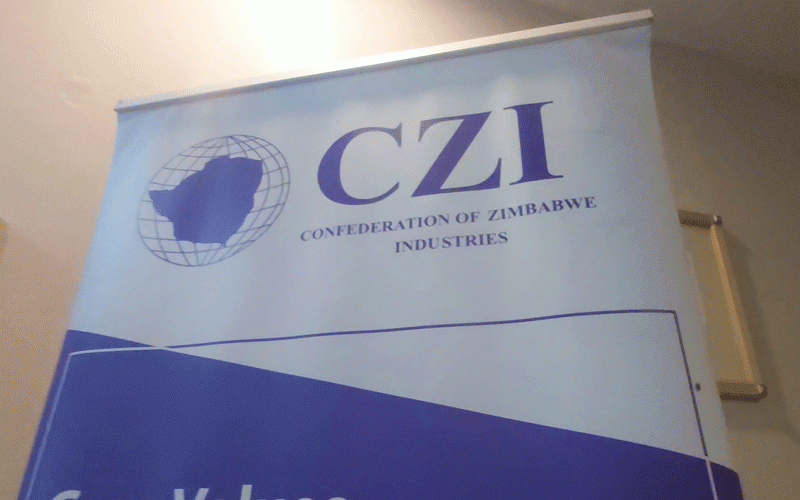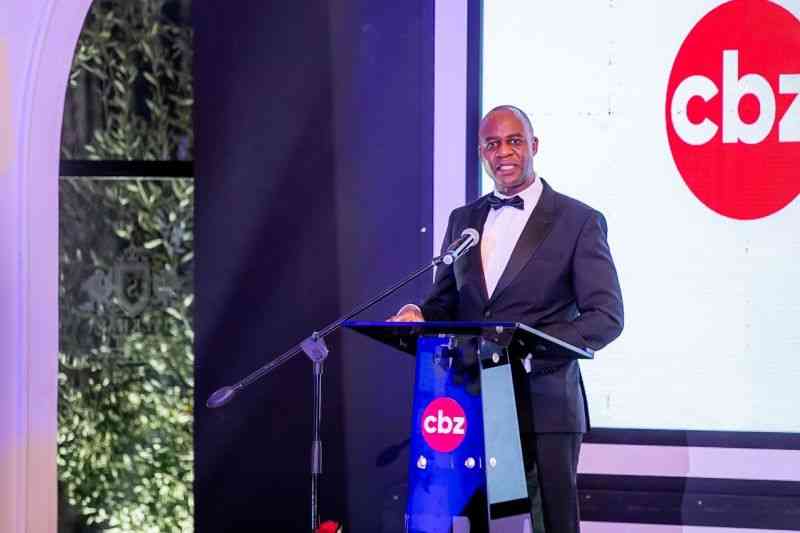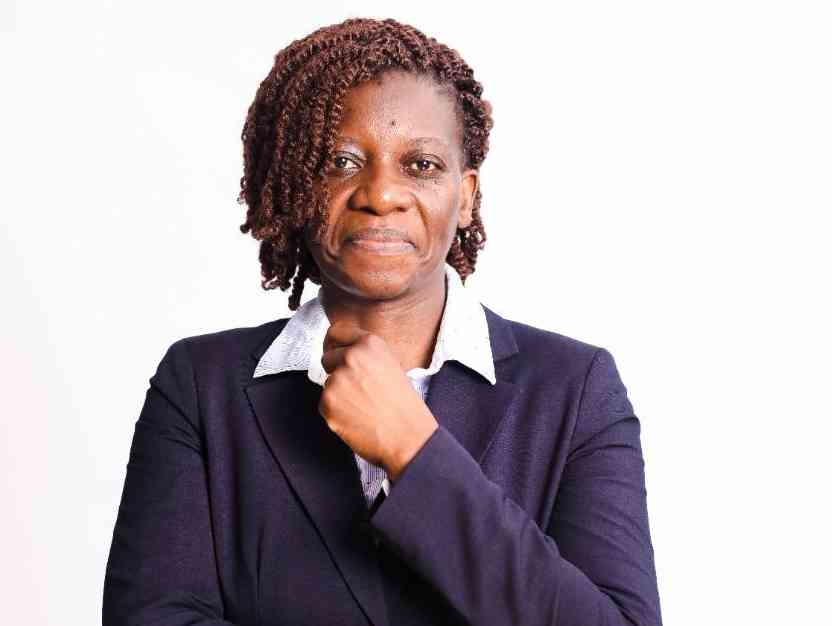A SOUTH AFRICAN businessman partnering the Zimbabwean government for an oil pipeline plan from Beira in Mozambique to Zimbabwe has been linked to a US$45 million fraud scandal in Ghana.
A latest investigative report from The Sentry published yesterday revealed corruption concerns surrounding the infrastructure deal in Zimbabwe, with ties to a United Kingdom bank and South African pension funds.
The new investigation by The Sentry has uncovered the involvement of South African businessman Errol Gregor in a multi-billion-dollar oil pipeline project between Mozambique and Zimbabwe.
The Sentry is an investigative and policy organisation that seeks to disable multinational predatory networks that benefit from violent conflict, repression and kleptocracy.
According to the report, Gregor, previously linked to an alleged US$45 million fraud scandal in Ghana, is now leading a plan to build a second oil pipeline connecting the Mozambican port of Beira to Harare.
- ICGZ honours governance champions
- CBZ shifts focus after CTC blocks FMHL further share purchases
- Banking sector resilient, stable: Matshe
- UNDP invests US$60m in solar, irrigation projects
- Microfinanciers approve more loans based on movable collateral
“The involvement of a figure like Gregor in such a major
government project should give pause,” said Nick Donovan, senior investigator at The Sentry.
“This case highlights the need for more transparency, rigorous oversight and active international anti-corruption efforts when it comes to infrastructure development involving countries plagued by predatory business operators and entrenched kleptocracy.
“The fact that a UK bank and South African pension funds may have inadvertently supported a possible multi-million-dollar bribery scheme heightens the urgency. This should be a wake-up call for more aggressive due diligence and, where appropriate, hard-hitting accountability.”
The report said Gregor’s history included suspicious payments authorised during a 2016 bid to control a vital oil facility connected to the Tema Oil Refinery in Ghana.
The report said Gregor, through his former company Mining Oil and Gas Services (MOGS) allegedly funnelled millions to various third parties via Edwin Obiri, a Ghanaian deal broker, raising red flags for potential bribery and corruption.
It also alleged that some funds may have reached high-ranking political figures, including within Ghana’s National Democratic Congress opposition party.
“Despite ongoing legal proceedings in South Africa related to his previous dealings, Gregor is moving forward with plans to establish a multi-billion-dollar oil pipeline through his new company, Coven Energy.”
The pipeline aims to position Zimbabwe as a regional fuel distribution hub, but, according to the report, its progress raises questions about transparency, due diligence and the role of potentially corrupt actors in Zimbabwe’s infrastructural projects.
In response to questions sent before publication of The Sentry report, Obiri denied wrongdoing, while Gregor did not reply.
In its selected report findings, The Sentry noted suspicious payments made in Ghana, where Gregor allegedly led a bid for control of an offshore oil platform in 2016, during which he authorised over US$18 million in questionable payments.
“These payments, allegedly funnelled through Obiri, sparked anti-bribery concerns from auditors and a lawsuit for fraud.
“Some of the payments reached Kingsley Kwame Awuah Darko, the public official who awarded the bid to Gregor’s company MOGS,” the report said.
The Sentry also noted the involvement of British banks and South African pension funds revealing that financing for Gregor’s previous deals in Ghana involved loans from UK’s Standard Chartered Bank and funds tied to South African pensioners through the Public Investment Corporation.
“These institutions may have inadvertently been drawn into the fraudulent transactions uncovered by The Sentry’s investigation,” it said.
The report said despite Gregor’s involvement in the Ghanaian fraud scandal, his company Coven Energy is now advancing plans for a new pipeline between Mozambique and Zimbabwe.
“The Sentry’s investigation raises concerns about the lack of transparency and risk of corruption in this infrastructure project,” it said.
The Sentry also recommended that the governments of Zimbabwe and Mozambique should commission an independent feasibility study on the proposed pipeline project.
“Additionally, The Sentry urges enhanced transparency measures and public scrutiny over infrastructure projects, including open tendering processes and public disclosure of contracts and beneficial ownership.
“The money for the Ghanian oil facility, GPMS, came from South African pensioners and taxpayers and the UK’s Standard Chartered bank.
“Accordingly, law enforcement agencies in the three relevant jurisdictions — the UK, Ghana, and South Africa — should investigate the purchase of GPMS by MOGS, focusing on identifying the recipients of funds paid by Obiri, to find out whether those receiving monies were doing so on behalf of public officials, meaning that the payments had, therefore, potentially breached anti-bribery laws,” the report said.
It further added that the government should consider a “fit and proper person” test for companies involved in key infrastructure projects, analogous to requirements in the banking
sector.
“As part of the application or renewal process for an investment license, the Zimbabwe Investment and Development Agency could assess the probity of any individual with civil judgments against them, previous criminal convictions, and/or significant adverse media,” The Sentry said.
Energy and Power Development minister Edgar Moyo yesterday expressed ignorance over the matter including the government partner.
“It is my first time to hear about them. Maybe, on issues of the pipeline and infrastructure on petroleum products talk to the National Oil Infrastructure Company (NOIC) or Mutapa Investments.
“For us as a ministry, we have a stable policy direction and I have no knowledge on this. I know there has been talks on a second pipeline and feasibility studies are being done, NOIC and Companhia do Pipeline Moçambique-Zimbabweare in talks but I have not much knowledge on this,” he said.
NOIC said it needed to study the report and come back with an appropriate response.

